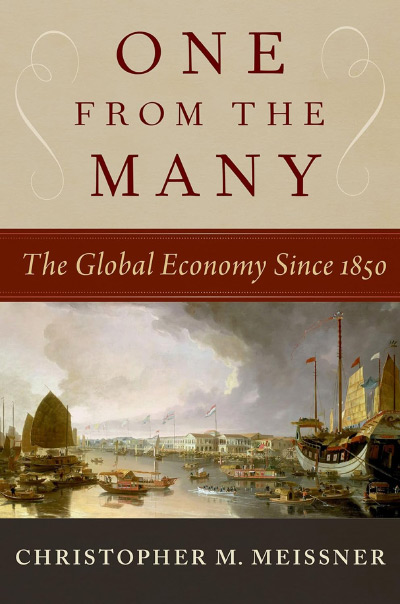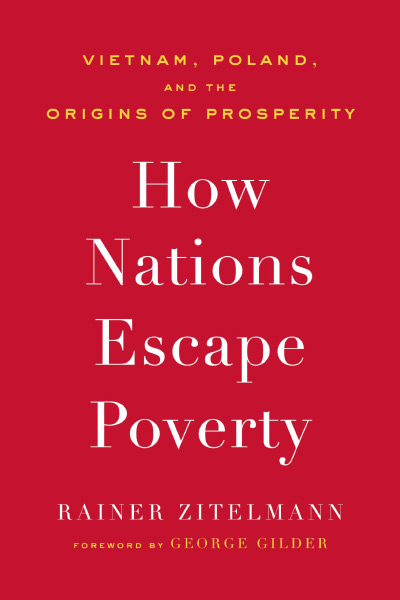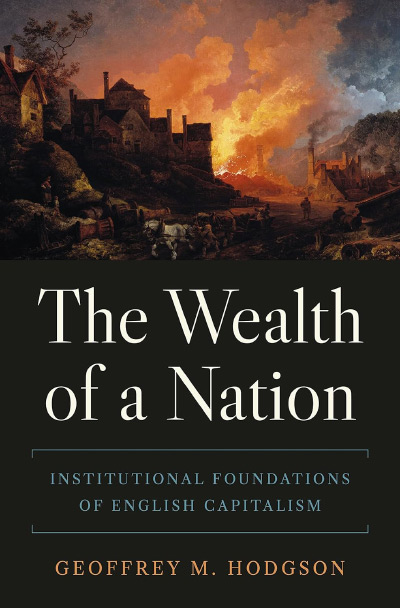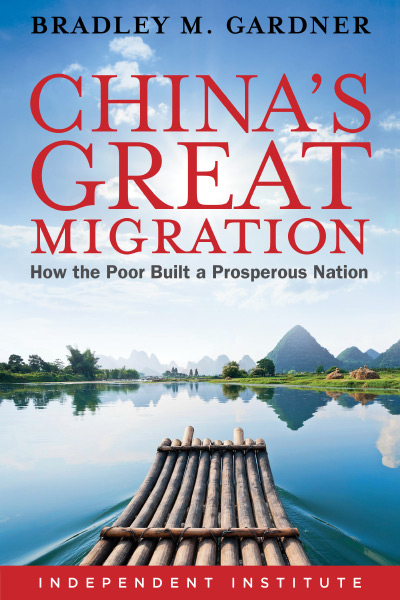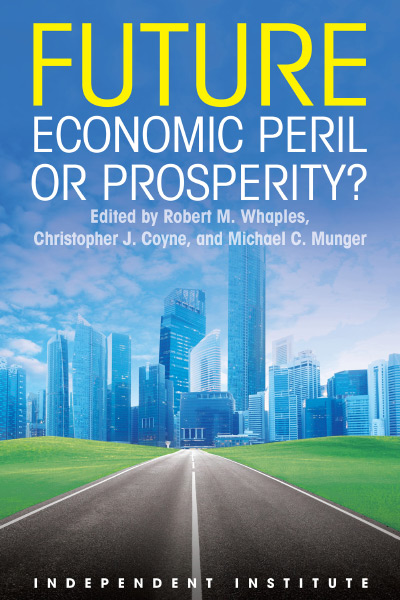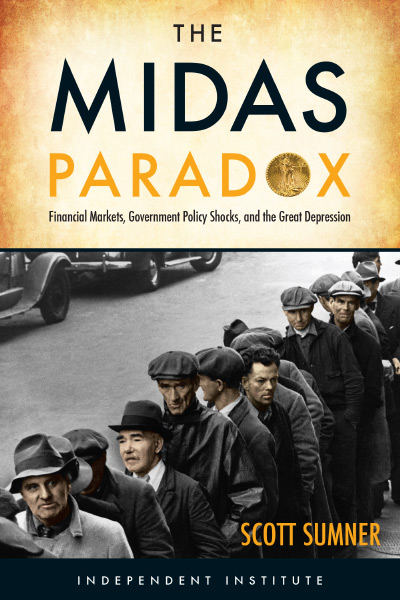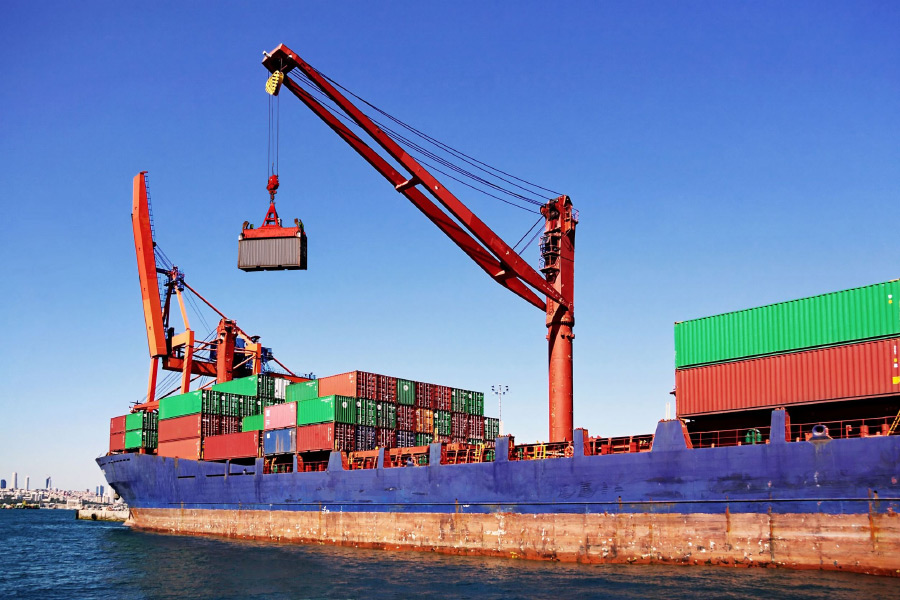
Development economics seeks to discover why some regions have prospered whereas others have remained stuck in a vicious cycle of poverty. The importance of this issue cannot be underestimated. Several generations after the industrial revolution came to the West, hundreds of millions of people worldwide continue to live in dire poverty, with little or no access to economic opportunity or even the most basic necessities.
Recent measures of global inequality have soared to new highs, leading some people to assert that rich nations have developed at the expense at the expense of the underdeveloped world and to lobby for wealth redistribution on a global scale. This view not only misdiagnosis the problem, but it also prescribes bad medicine. Decades of Western development aid to poorer countries have tended to promote dependence and corruption, rather than productive entrepreneurship and widespread prosperity. Experience also shows that when governments respect economic freedom, property rights, and the rule of law—and remain at peace with other governments—this fosters an environment conducive to material progress.
Independent Institute fellows have examined economic development in Asia, Africa, and Latin America in numerous books, journal articles, op-eds, and public appearances. Their findings can be summarized in a few basic principles: (1) Market prices and profit-and-loss incentives are better at fostering economic growth in developing countries than are centralized control and government-to-government aid. (2) The lifting of barriers to international trade enables workers and entrepreneurs to best utilize their comparative advantage. (3) Free markets, respect for individual liberty, and the enforcement of private-property rights foster not only commercial entrepreneurship and economic progress, but also the growth of charitable institutions, a robust civil society, and social progress.

